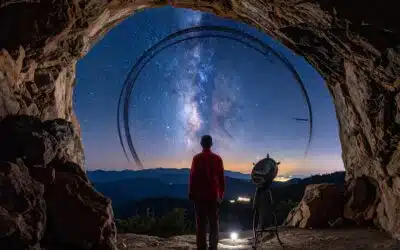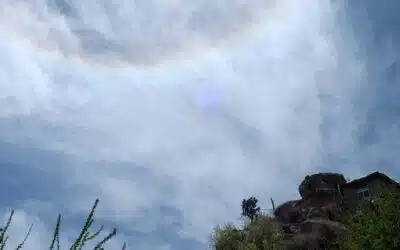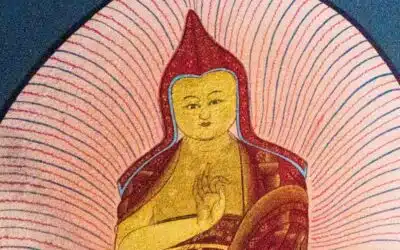
What an extraordinary freedom!

Written by Mila Khyentse
A pithy commentary on the Small Hidden Seeds
The essential ancient text of the Small Hidden Seeds [1] shows us how the primordial path of Dzogchen is a space of simplicity and absolute vision. It is all about the authenticity of the experience, about living it directly without adding anything or superimposing a nonexistent meaning.
Few people can do this right away. Yet, when it is done naturally… what an extraordinary freedom!
Blog | Dzogchen Meditation | Dzogchen practice | General Introduction to Dzogchen | The Dzogchen basics | The Dzogchen Journey
Mila Khyentse makes a direct commentary on one of the seminal texts of the Dzogchen: The Small Hidden Seeds. What an extraordinary freedom!
What an extraordinary freedom! is a commentary on the original text of The Small Hidden Seeds translated by Paul Baffier and the Dzogchen Today! Translation Committee. You can find this text here: The Small Hidden Seeds

“
It is necessary to realize that there is not a noble path on one side and a vile one on the other: graduality is sometimes necessary, the absolute all the time. What an extraordinary freedom!
Having this type of experience, we are convinced that nothing is complicated, nor difficult, nor hopeless… but totally open, spacious, without conceptual or formal limits.
This freedom can be immediate: we can encounter the Great Perfection as soon as it is presented to us, because it is free of all artifice. It will depend on us: are we simple and natural enough to accept the primordial nature of what we really are? Or do we need expedients, techniques to bring us there little by little, gradually familiarizing us with it?
Both are possible and even often intertwine in the practice of Dzogchen. It is necessary to realize that there is not a noble path on one side and a vile one on the other: graduality is sometimes necessary, the absolute all the time. What an extraordinary freedom!
Gradually, immediately, or both at once, when we come to have an authentic and primordial experience of the nature of our own mind, we realize that it is fabulous space, luminous, endless, total fulfillment, unconditional love, absolute awakening, incredible knowledge, total absence of fear, infinite universe, totally free phenomena…
All that, we were?
Often, the most difficult thing is to become aware of it. However, there is nothing to do, nothing to think about: simply let what is there do its thing; finally abandon yourself to your own nature, remain quietly, spontaneously in the natural flow of your mind.
What an extraordinary freedom!
[1] The Small Hidden Seeds, would have been written by the Dzogchen master Buddhagupta, supposed to have been the master of Shri Simha, is one of the few Dzogchen texts found in Dunhuang (Mogao Cave), one of the oasis on the Silk Road in Central Asia (now China), where one of the sealed libraries contained a large number of ancient texts (between the 5th and 11th centuries) from the Tibetan world. This text is considered to be one of the founding writings of the Dzogchen tradition, along with The Song of Primordial Evidence, which was found in the same cave. BACK
More Articles
Losar!
In "Losar!", Paul offers us a reflection on repeating cycles and the subtle link between tradition, humanity and the universe.
Being Your Own Master
Relationship with a master requires discernment. “Being your own master” offers insights into understanding devotion and avoiding pitfalls.
The Story of the First Masters: Manjushrimitra
We continue the Stories of the First Dzogchen Masters with Manjushrimitra, who structured the verses of Dzogchen into three series.



